US lawmakers arrive in Chinese Taipei amid simmering tensions with China
A US congressional delegation has arrived in Chinese Taipei (Taiwan) on an unannounced two-day visit amid high tensions between Beijing and Washington over a recent controversial visit by US House Speaker Nancy Pelosi to the self-ruled island.
The five-member delegation, led by Senator Ed Markey of Massachusetts, arrived in Taipei on Sunday.
The lawmakers will meet with Taiwan President Tsai Ing-wen on Monday, according to the presidential office.
The office also said in a statement that the visit to the island “demonstrates the United States Congress' firm support for Taiwan.”
Markey's office also said in a statement that the lawmakers "will reaffirm the United States’ support for Taiwan…and will encourage stability and peace across the Taiwan Strait."
Tensions have been on the rise in the region since Pelosi visited Taiwan despite stern warnings from Beijing that the trip would have a “severe impact” on bilateral ties with the United States and that her move “gravely undermines” regional peace and stability.
During her trip, Pelosi said the visit intended to make it "unequivocally clear" that the US would "not abandon" the democratically governed island.
Her visit infuriated China, which has sovereignty over the self-ruled Chinese Taipei and has publicly stated that it may take it by force one day, if necessary.
Under the “one China” policy, nearly all countries across the globe, the US included, recognize Beijing’s sovereignty over Chinese Taipei.
Washington, however, engaged in direct contact with the secessionist government in Taipei, in violation of its own stated policy. The US also supplies Taipei with massive amounts of armaments.
China started military exercises after Pelosi’s visit and announced more drills on Monday after the scheduled end of the ones launched last week. Taipei began its own live-fire military drills on Tuesday, accusing China of “gross violations of international law.”
Taiwan also accused Beijing of planning to invade the island.
In Beijing, the Defense Ministry maintained its diplomatic pressure on Washington, saying, “The current tense situation in the Taiwan Strait is entirely provoked and created by the US side on its own initiative, and the US side must bear full responsibility and serious consequences for this.”
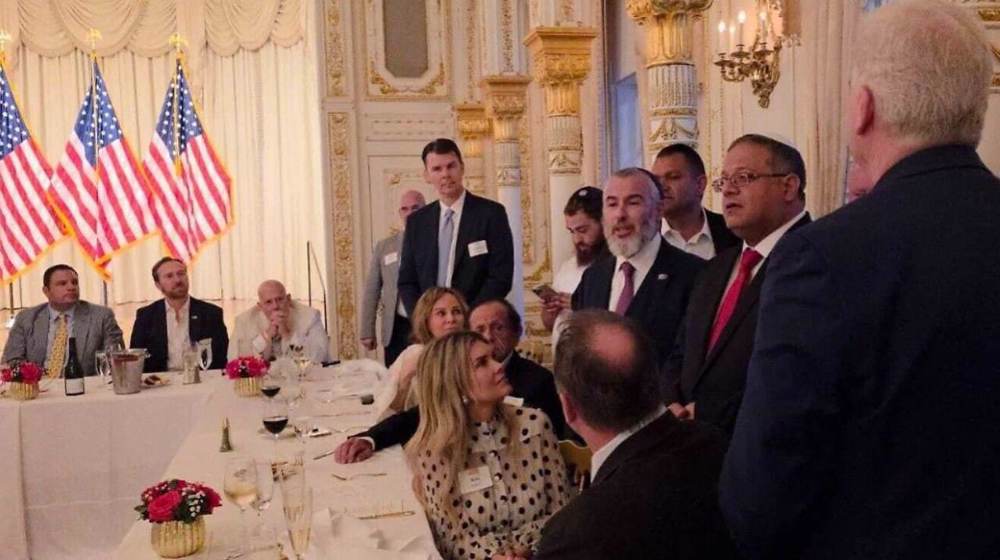
Ben-Gvir: Senior US Republicans back his call for bombing Gaza food stores
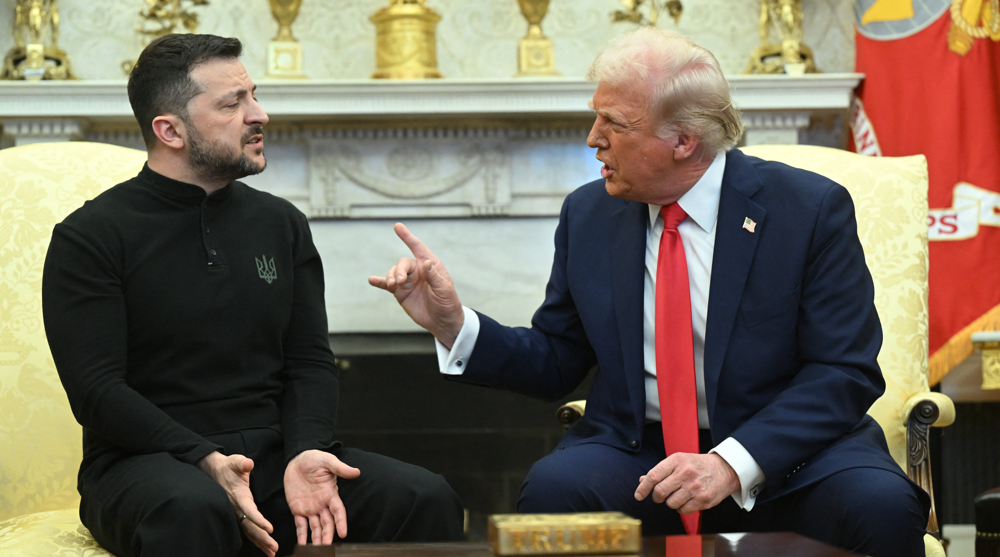
US plan requires Ukraine to give 20% of territory to Russia: Report

The April Revolution: One-year anniversary of Gaza solidarity encampments in US
VIDEO | Pakistan’s business and cultural front unites for Gaza: Nationwide shutdown, boycott announced
US jets carry out more aggression against Yemen
Syrian militants enslaving Alawite women in Idlib governorate: Report
VIDEO | US pro-Palestinian campus protest
VIDEO | Palestinian civil defense rejects Israel’s probe and exposes the crime
India downgrades ties with Pakistan after deadly Kashmir attack
Iran’s steel output up 3.7% y/y to 3.3 million mt in March
There is good chance that US and Iran can reach an agreement: Veteran diplomat


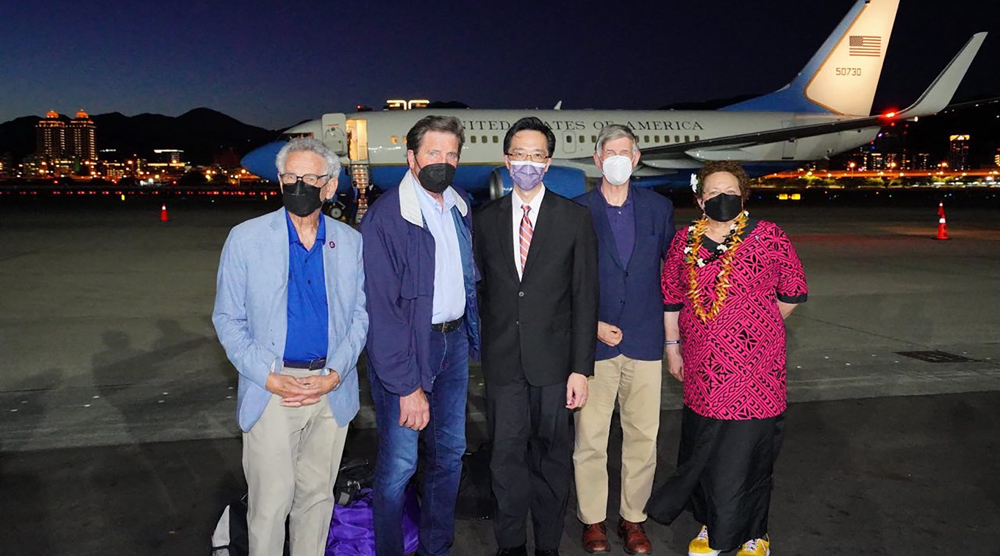
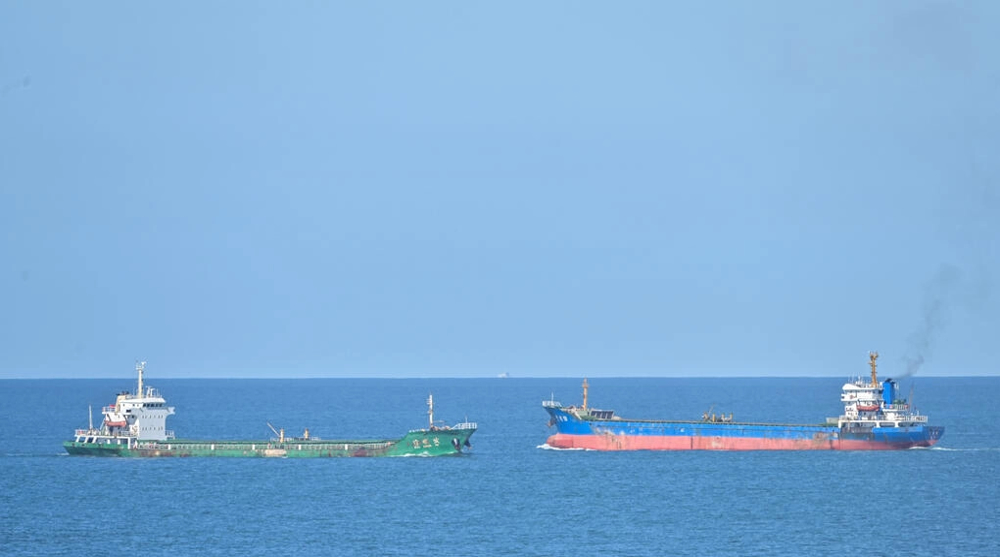



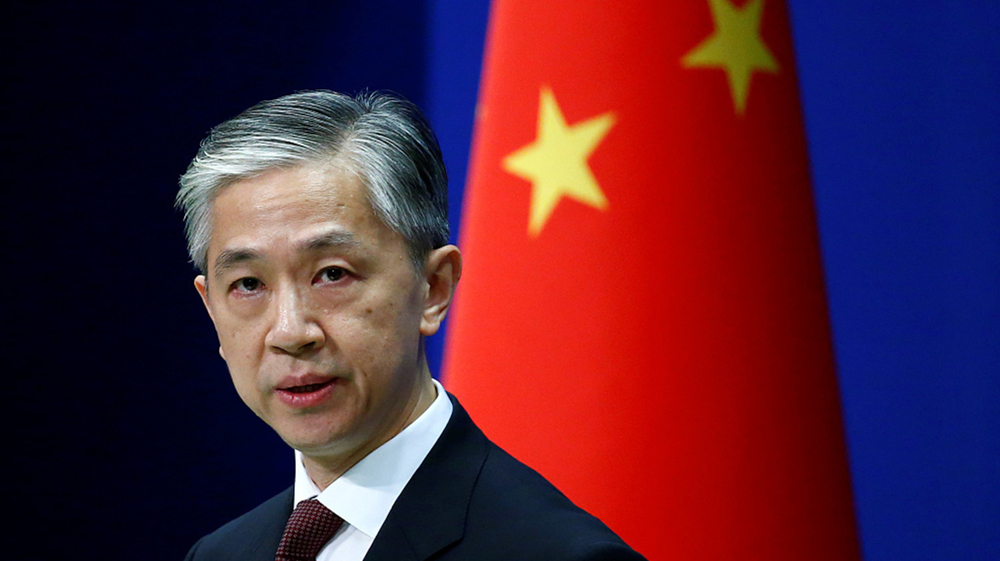

 This makes it easy to access the Press TV website
This makes it easy to access the Press TV website